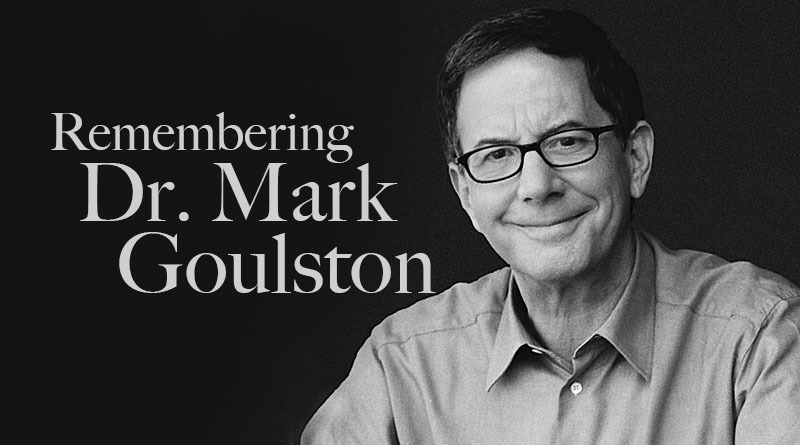
Are You Or Your Loved One Ready To Retire – Psychologically?
By Jill Poser – Kammet, CGCM
When Retirement Time Comes
Larry and Marilyn have been married 65-years and relocated to south Florida from the northeast 15-years ago to retire, enjoy the warm weather and what they perceived as an easier way of life. Prior to retirement, Larry built a successful business over many years and the couple and their children enjoyed many advantages as a result. They could afford to retire very comfortably and Larry began to imagine all the activities he would partake in now that he would have the time but had never participated in throughout his work life. The marriage had its ups and downs over the years but like many couples, they had children together, an active social life, a lifestyle if you will, and as long as Larry continued to work outside the home they continued to manage.
Upon arrival in Florida it became obvious very quickly that Larry could not be fully retired and spending so much time together did not seem prudent. He took a part time sales position to keep himself active in some of the ways that were more familiar to him when he had his business. Marilyn had not worked for many years and was more easily adjusting to their new lifestyle. She developed a group of women friends, managed the day to day of the house, the couple had dinners out with other couples and Larry continued to work which felt familiar and comfortable for him. This routine seemed to be working nicely and the couple settled into their new norm for approximately 5-years.
Life Intervenes
In 2015, Larry experienced a significant fall that greatly impacted his ability to physically function for almost one year. More than that, he seemed to be suffering emotionally and psychologically. With physical therapy and other treatment modalities, his physical abilities improved but he continued to struggle emotionally. He was no longer able to work and seemed to lose his “compass”. He became depressed, anxious and easily angered.
Larry’s wife and his primary care physician encouraged him to seek some form of psychotherapy but he did not ‘believe’ in therapy and refused any type of intervention. In the last five years the relationship between Larry and Marilyn became very strained. Their relationship worked as long as they maintained very specific roles and the couple had time away from each other. Larry was no longer working, had not developed a friend group or any hobbies. She became the target of all his frustrations and he determined that retirement had become a very big mistake.
The Psychological Aspects of Retirement
For some of our clients, retirement has not been what they imagined or hoped it would be; particularly for a generation of men that didn’t come to terms with the loss of their career identity or finding new and appealing ways to stay active. For certain couples, spending more time together than ever has heightened the disparities in their marriage.
Feeling unhappy or lacking energy and motivation after retiring is amazingly common. The irony is that we emphasize the need to plan financially for retirement — but how much emphasis do we place on being prepared emotionally and psychologically to step into this new way of life? We have clients that are established, educated, successful older adults and have planned well for retirement financially but never gave the same attention to what they would actually be doing with their time and what that would truly feel like for them. For certain clients they are too embarrassed to admit they are having a hard time adjusting because society has placed high marks on the expectation that once you are retired you are living the ‘good life.’ How can you complain?
Steps For a Healthy Retirement
Have no fear, there are tangible steps that can be taken over time to ensure that you, your loved one or perhaps your client can embrace retirement in a way that will bring peace of mind and successfully forge new beginnings. However, we need to figure out ways to maximize our own happiness and have a willingness to recognize that life as we know it is going to change in ways we have not experienced. Most importantly, we must have courage to increase our self-awareness to make decisions that will honor this very different time in our lives.
- There is clearly no one-size-fits-all answer, but building a structure for your retirement likely ought to start a few years before the planned date.
- Consider talking openly with your spouse, significant other or other family members about your goals as well as your concerns about retirement.
- Give thought to talking with a retirement coach specializing in the non-financial aspects of retirement.
- Possibly dedicate time to discovering hobbies on weekends while you are still working.
- Volunteerism and philanthropy before retirement or during may be a wonderful way to connect to your community and establish new friends and a stronger sense of purpose.
- You may want to think about moving to a retirement community for the built-in activities and the opportunities for social engagement.
Perhaps you have already retired. Life has changed in ways that you could not have expected and like Larry and Marilyn, you, your loved one or a client is experiencing significant dissatisfaction and frustration; it has all become too much to handle. Consider aligning yourself with a Certified Care Manager who is in the know about all these matters and can guide you toward making the right decisions and help you get on track. It so often takes a village to grow old with dignity and grace.

Jill Poser–Kammet, CGCM, is Director of Life Care Planning at Advocare, a comprehensive care management company serving all South Florida from the Palm Beaches to Miami. Jill is a Certified Geriatric Care Manager by the International Commission on Health Care Certification with 12 years of experience in elder care, care management, life care planning, Medicare home health sales, special needs, and aging-in-place construction. For more information about Jill and how she can help you and your family call (954) 604-1015, email her at jposer@caremanage.com, or look for her at Facebook or LinkedIn.




